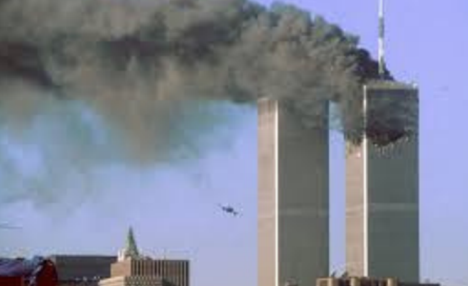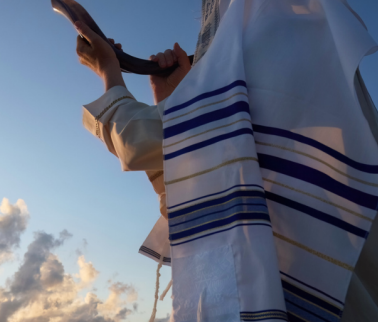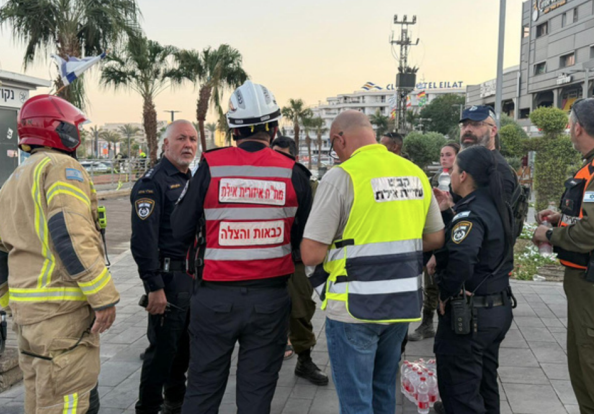This week’s parsha is Ha’azinu, which is unlike any other Parashiyot that we see in the Torah. It is written as a poetic song, recited by none other than Moshe Rabbeinu himself. The parsha contains themes of both praise and rebuke, history and future, and an emphasis on the relationship between Hashem and B’nei Yisrael, and begins with Moshe calling upon the heavens and earth as witnesses.
As it is written (Devarim, 32:1):
״הַאֲזִ֥ינוּ הַשָּׁמַ֖יִם וַאֲדַבֵּ֑רָה וְתִשְׁמַ֥ע הָאָ֖רֶץ אִמְרֵי־פִֽי״
״.Give hear, O heavens, and I will speak; and may the earth hear the words of my mouth״
In this pasuk, Moshe is officially establishing the heavens and earth as witnesses who can attest to B’nei Yisrael’s commitment to the Torah and mitzvot. However, despite being just one of many pesukim in the Parsha, many commentaries have questioned its meaning. For example, Rashi asks why Moshe had to establish the heavens and earth as witnesses. Why couldn’t they be people? Why specifically the heavens and the earth?
Rashi provides us with three answers. First, Moshe intended to choose witnesses that would watch over us forever. Additionally, he says that the heavens will testify to Hashem when we do not follow the mitzvot relating to them, such as observing Rosh Chodesh and the Yamim Tovim. On the other hand, the earth will testify when we do not follow the mitzvot relating to agriculture, such as Shmitta (laying the land to rest every seven years) and separating portions of one’s harvest for the Kohanim and Leviim. Finally, Rashi states that the witnesses themselves will punish us if we do not follow these mitzvot: in order to grow our food and survive, we need rain to be sent down from the heavens and for the earth to be fertile, but when we sin, the heavens will withhold their rain, and the earth will not be fertile. The Midrash gives us an additional reason as to why Moshe chose these special witnesses. It is because they teach us one crucial lesson: just as the witnesses must perform their daily functions, with the heavens rising and setting the Sun and the earth producing wheat, so too should we perform our daily functions of praying, learning Torah, and doing mitzvot. Just as the heaven and earth will stay with us forever as our witnesses, so too will our good deeds. Moshe could not choose people as his witnesses because they are temporary, just like the material things in this world. The only things we can bring with us to the next world are the Torah and mitzvot, not our clothes, shoes, or money. Through the parsha, we can learn that because Moshe called upon the heavens and earth as lasting witnesses, we should make it our goal to fill our lives with mitzvot, Torah learning, and good deeds–the things that truly last forever!




















